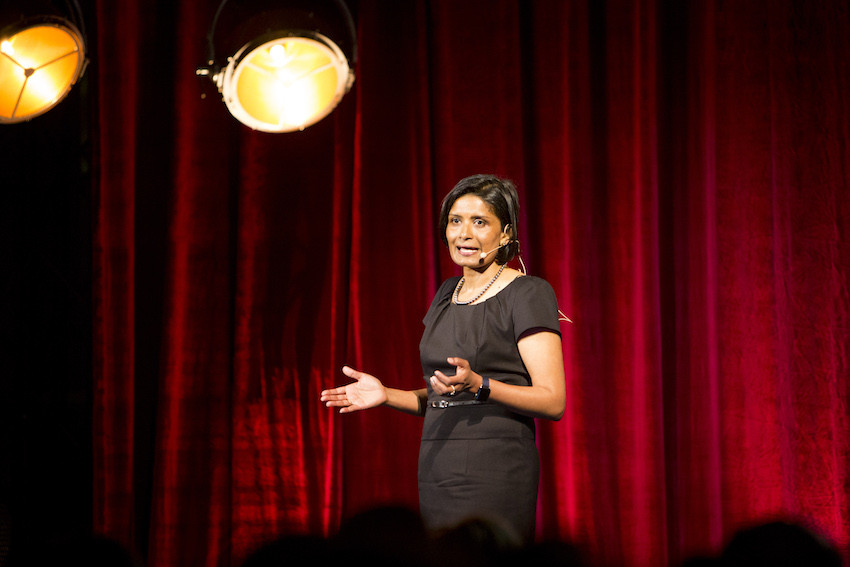“With respect to private equity and venture capital, there have been delays and postponement of deals and investment activity due to the pandemic,” noted Kavitha Ramachandran, head of business development and client management for continental Europe with Maitland, a corporate services firm. “However, the availability of dry powder and good valuations are helping investments in certain sectors like food and beverages, health care and technology.”
Pierre Weimerskirch, managing director of LIS Luxembourg, a third-party management company, also sees room for optimism: “Private equity has done particularly well. We have seen accelerated fund closures in spring in order to secure money from investors, and most deals which were in a more advanced stage were concluded.”
Market bottlenecks
There are bottlenecks, however. “It has proven to be hard for funds to value their assets due to the pandemic and thus delaying the availability of potential assets, predominantly in the space of retail investments,” noted Joost Mees, managing director with JTC, a corporate services firm. “There is substantial ‘dry powder’ [i.e., money ready to be deployed] meaning many funds are eager to invest, but given the difficulties in valuing assets, one wonders whether the moment is right.” For this reason, he sees deal activity having been low in the second and third quarters of this year, but he is hopeful that increased financial impact visibility will see an uptick over the next six months.
Ilario Attasi, head of group investment research at Quintet Private Bank, agrees: “Through the first half of 2020, global private equity managers closed on 177 funds totalling €139.5bn. The number of funds closed, and the cumulative fundraising total, represents approximately one-third of the figures for 2019.” He said this drop in fundraising was due to “persistent economic headwinds” plus the difficulties combatting the virus in North America, which accounts for over half of global private equity commitments. “However, fundraising may well finish the year on a high note with many high-profile managers seeking to close funds by year-end.”
Strong fundamentals
The fundamentals remain strong, as businesses are keen to receive this support, with investors interested in backing healthy projects. “By staying private, companies can embark on long-term, innovative, and sometimes high-risk, high-return ventures. They aren’t bound by the pressures of quarterly results, meaning they can take a longer-term view,” said Fredrik Skoglund, chief investment officer with Banque Internationale à Luxembourg.
The deployment of technology could also be key to growing effectiveness and confidence for investors and those managing assets. “The covid-19 pandemic unfolded at an unprecedented pace, needing us to adapt to changing circumstances rapidly, especially in embracing technology,” Ramachandran commented. “Robotics and artificial intelligence will doubtless play key roles in taking this to the next level.”
“When private equity/private debt fundraising and fund-closing activity again picks up, Luxembourg will benefit,” said Attasi. “This reflects the country’s global appeal as a hub for the structuring and domiciliation of such funds. The grand duchy’s status as a post-Brexit European gateway is further contributing to its industry appeal.”
So far, so good for the Luxembourg regulatory regime, and the fundamentals appear strong. The next big test is set to come when state economic supports are wound down.
